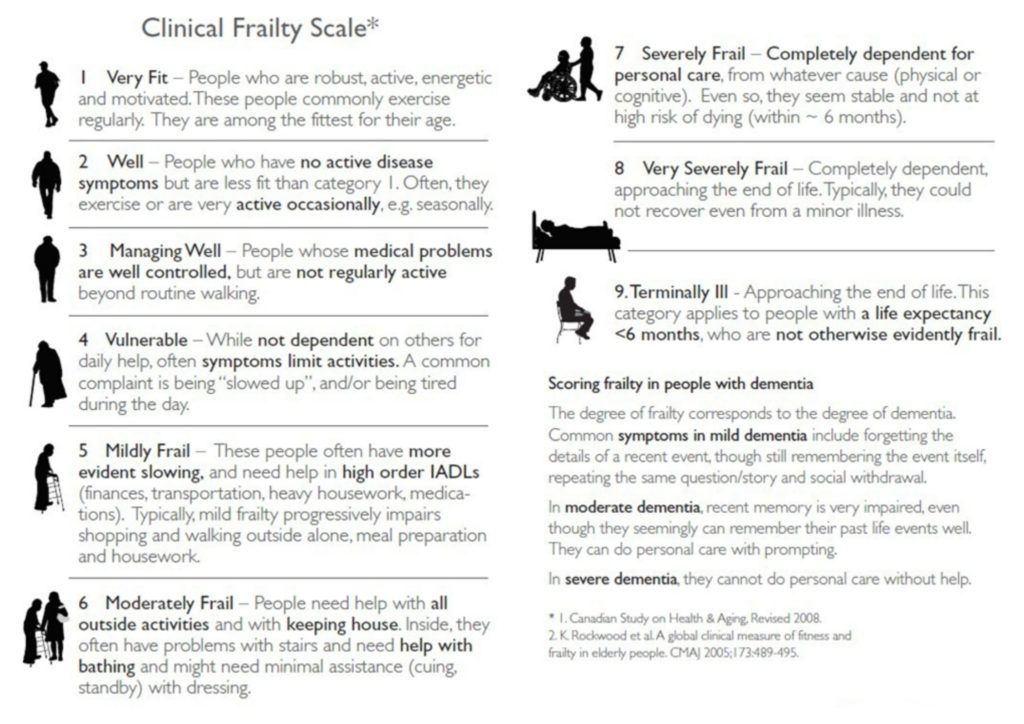Domestic abuse, rape and sexual assault, prostitution, child sexual abuse and other forms of gender-based violence cause immense pain and suffering and are a major public health issue. The emotional, psychological and physical consequences of gender-based violence can be profound and include fatal injury, physical health problems, chronic conditions, mental health problems and negative health behaviours.
Many people affected by gender-based violence are reluctant to disclose this experience, often through fear or shame. However, they do present across the whole range of primary and acute health settings. Health workers are therefore in a unique position to provide help and support. If we do not ask about or respond to gender-based violence there is a danger that the health issue won’t be treated properly and could increase the risk of long-term and chronic ill-health and even death.
Health workers across the whole of the health service need to know about gender-based violence, what to look for and how to respond. This is fundamental to our duty of care to patients and part of our role to promote gender equality.
The prevention of gender-based violence and the care of people experiencing it is a key priority for public protection within NHS Greater Glasgow and Clyde.
Key NHS Documents
- Gender-based Violence Policy Overview | NHS Scotland
- Gender-based Violence Guideline – Emergency Department and Minor Injuries Unit
Other Publications
- Equally Safe strategy – Violence against women and girls (VAWG) – gov.scot
- Adult Support and Protection: Guidance for General Practice, Scottish Government
- National-guidance-child-protection-scotland-2021-updated-2023.pdf
- Female Genital Mutilation (FGM) Multi-Agency Guidance, Scottish Government
- Scotland’s Trafficking and Exploitation Strategy 2025 – gov.scot
- Ending violence against women and girls: A public health approach
Useful Links
Public Protection
Commercial Sexual Exploitation
Domestic Abuse
- Domestic Abuse: Staying Safe, mygov.scot
- LGBT Domestic Abuse Scotland
- Men’s Advice Line UK
- Scottish Women’s Aid – changing attitudes, changing lives
- Domestic Abuse and Disclosure Scheme for Domestic Abuse in Scotland,Police Scotland
Prevention Campaigns
FGM and Forced Marriage
- FGM Aware, Women’s Support Project
- Scotland’s national action plan to prevent and eradicate FGM – gov.scot
- Forced Marriage, Scottish Government
Rape & Sexual Assault
- Archway Glasgow Sexual Assault Referral Centre, Sandyford
- Support after rape or sexual assault, mygov.scot
- Rape Crisis Scotland
Stalking
Trafficking for sexual exploitation
- TARA service for women trafficked for sexual exploitation, Glasgow City Council
- Encompass Network – support for women involved in prostitution

